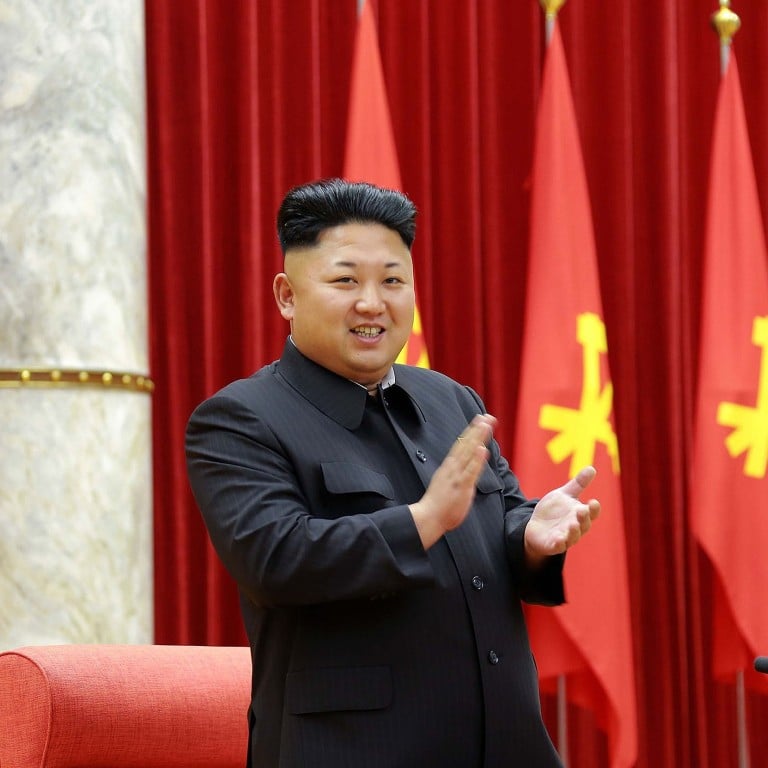
The good, the bad and the ugly side of Asia in 2014
Curtis Chin and Jose Collazo say Hong Kong's Umbrella Man deserves a mention
As 2015 unfolds, it's time for one last look at the year we left behind, and who were the winners and losers in Asia.
For us, the Rohingya had the worst year in Asia. Stateless, marginalised and persecuted: these are the words used to describe the plight of Myanmar's Muslim minority Rohingya, a people whose very identity Myanmar's leaders decline to recognise. Sectarian riots have killed hundreds. Thousands have fled, easy targets for human traffickers, and many have drowned, fleeing on rickety boats to Malaysia or Indonesia. Those who stay in Myanmar face restrictions on movement, marriage and education. This year is unlikely to bring any respite as the rest of the country's population and all too many foreign investors, enamoured of a new Burma, look the other way.
It was also a really bad year for the once anonymous Asian business executive, in particular Malaysia Airlines chief executive Ahmad Jauhari Yahya and Sony chief executive Kazuo Hirai. In a region all too often stereotyped as the realm of crony capitalism and secretive CEOs, 2014 saw tragedy and a cyberattack bring to Asian executives the sort of scrutiny that Western business executives have grown accustomed to.
And it was not so good a year for "Umbrella Man". In late September, thousands took to the streets in Hong Kong demanding fully free elections, only to be met by police using pepper spray and tear gas to disperse them. Thus was born the "Umbrella Movement", and an image of Umbrella Man - that of a defiant protester clutching two umbrellas amid tear gas - was beamed across the globe to became a symbol of the movement.
Much more than a symbol of Hong Kong's struggle to find a way forward under Beijing's heavy hand, the Umbrella Man speaks to the plight of democracy in the region. The parallels to images of a lone man staring down tanks near Tiananmen Square in June 1989 were obvious. Whether the jailing of pro-democracy bloggers in Vietnam and anti-coup activists in Thailand, or stalled reforms in Myanmar, Cambodia and Laos, 2014 was clearly a not-so-good year for democracy in Asia.
For North Korea's Kim Jong-un, however, 2014 turned out to be not so bad after all. They say there's no such thing as bad press, and perhaps the blow-up behind Sony's political comedy , which depicts the assassination of Kim by a newsman and a producer, may have been exactly what Kim wanted to announce his return - and relevance - after disappearing from public view early last year. Kim is now a household name to people who had no idea who he was. His nation's economy may be falling fast, but there's no questioning that Kim made headlines from Hollywood to Tokyo.
But the award for best year has to go to Asia's new leaders: Indonesian President Joko Widodo, India's Narendra Modi, and even President Xi Jinping and Japanese Prime Minister Shinzo Abe, representing the vast majority of Asia's populace.
"Under New Management", a sign often signalling changes to come, would be appropriate across a map of Asia as China, India and Indonesia are home to a third of the planet's population. Modi and Widodo are seen as pro-business and reform-minded and their agendas have the potential to kick into high gear their respective countries' economies.
They will face a tough, uphill battle to root out corruption and improve each country's business environment, as will Xi and Abe. If successful, together they will assure the region's critical role in boosting the global economy, and accelerate the rise of the "Asian Century".


